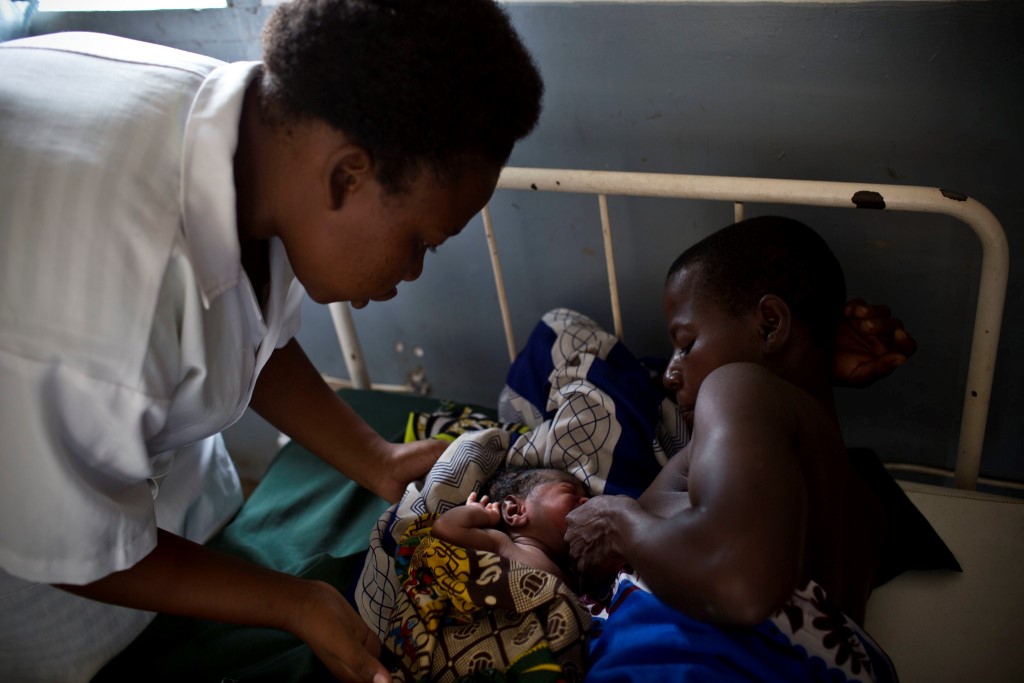Optimal breastfeeding practices reduce neonatal and child morbidity and mortality. Yet, lactating women may experience challenges that can hinder early initiation and exclusive breastfeeding (EBF), which are often unaddressed in nutrition and health programming. An evidence gap exists for the minimum competencies providers need to address breastfeeding challenges, especially for skills related to breastfeeding duration, clinical and practical expertise, and modes of training.
During World Breastfeeding Week, MCSP hosted a one-hour webinar — “Addressing Barriers to Exclusive Breastfeeding in Nampula, Mozambique: Opportunities to Strengthen Counseling and the Use of Job Aids” — to share the highlights of an implementation science study that identified challenges with EBF that mothers experienced in rural and semi-urban areas of in Nampula, Mozambique. In addition to study findings and program implications, our experts stressed how use of job aids can strengthen providers’ skills in addressing common breastfeeding challenges.
To view the recording, click here. The webinar presentations are also available here.
The event was moderated by Jeniece Alvey, Nutrition Advisor from USAID’s Office of Maternal and Child Health and Nutrition, Bureau for Global Health, and featured four speakers:
- Opening Remarks
Alyssa Leggoe, Deputy Director, Office of Maternal and Child Health and Nutrition, Bureau for Global Health, USAID - Study Background, Key Findings, and Program Implications
Justine A. Kavle, Nutrition Team Lead, MCSP
Melanie Picolo, Senior Nutrition Advisor, MCSP Mozambique - Reflections on Findings: Breastfeeding Gear Model
Rafael Perez Escamilla, Professor of Epidemiology and Public Health, Yale University School of Public Health
To learn more, download MCSP’s technical report and nutrition brief on addressing barriers to exclusive breastfeeding.

